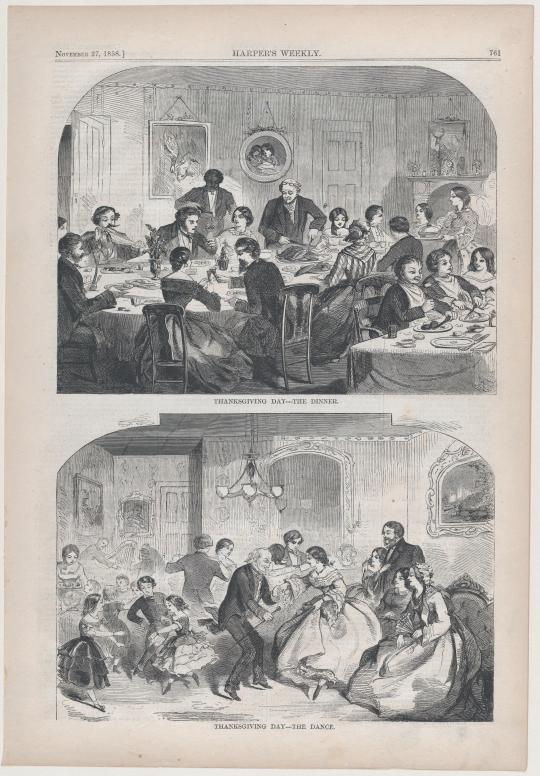Text
"August rain: the best of the summer gone, and the new fall not yet born. The odd uneven time."
-Sylvia Plath, journal entry from August 8th 1952
359 notes
·
View notes
Text
"The Hedgehog and the Fox: An Essay on Tolstoy's View of History - Second Edition" by Isaiah Berlin, Henry Hardy, Michael Ignatieff -
"THERE IS A LINE among the fragments of the Greek poet Archilochus which says: ‘The fox knows many things, but the hedgehog knows one big thing.’"
Start reading this book: https://a.co/eeC332c
0 notes
Text

With America's Thanksgiving holiday on the horizon, it is crucial to delve deeper into the historical context and dispel the sanitized notions surrounding the colonization of the "New World" by Europeans. While the Europeans considered this land new, it was home to Indigenous peoples for generations, with rich cultures and traditions that often go unacknowledged.
Thanksgiving was established as a national holiday in 1863 by President Lincoln, during a time marred by the deeply divisive Civil War. The intention was to foster a sense of togetherness among the American people. However, the holiday's origins are rooted in notions of peaceful coexistence between European Pilgrims and the Native Americans already residing in the Plymouth region. This narrative, though popularized, is built on flimsy foundations, as it only represents a few decades of relatively minimal conflict between the Pilgrims and the Wampanoag.
Contrary to common belief, the Pilgrims' gratitude for surviving their initial winter was not directed towards the Wampanoag, whom they viewed as instruments of God's will, but rather towards God himself. It is important to acknowledge that while there may have been a period of relative peace, primary sources reveal an underlying sense of white superiority rather than a genuine atmosphere of open cultural exchange.
The initial cooperation and mutual assistance during the early 17th century gave way to a chapter in history characterized by brutal violence and the detrimental impacts of colonization. As European settlers expanded their presence, territorial disputes, cultural clashes, and the introduction of diseases took a devastating toll on Indigenous communities. The narrative of Plymouth Colony's early years must be examined in its entirety, recognizing the complexities and consequences that arose from the subsequent period of colonization.
By delving into these historical details, we can gain a more comprehensive understanding of the complexities surrounding Thanksgiving and its historical context. Learn more in this Open Access book chapter: "Pilgrims and Puritans and the Myth of the Promised Land."
🖼️ : Winslow Homer (American, Boston, Massachusetts 1836–1910 Prouts Neck, Maine), “Thanksgiving Day – The Dinner (from ‘Harper’s Weekly,’ Vol. II).” Wood engraving, November 27, 1858. The Metropolitan Museum of Art.
144 notes
·
View notes
Photo

Coffee with Mom is like capturing happiness in a cup.
0 notes
Photo

after the rain
1 note
·
View note